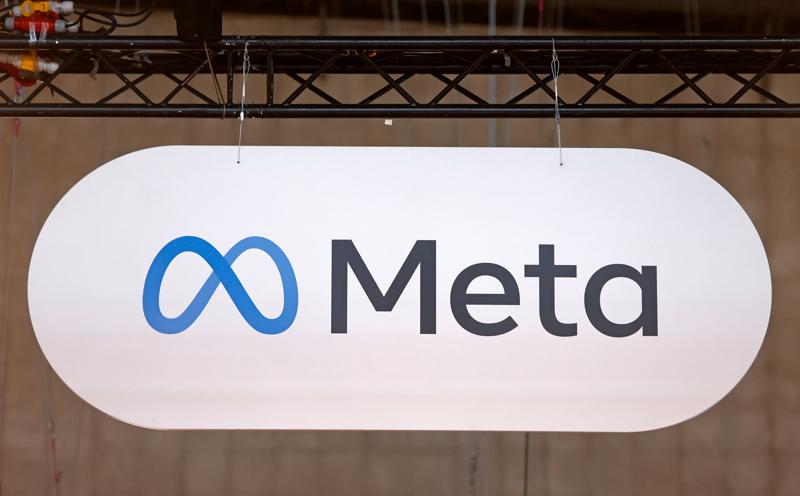The UK’s Competition and Markets Authority (CMA) has said it has launched an investigation aimed at assessing “Google’s position in search and search advertising services.”
The regulator explained in a press release the assessment will also look into how Google’s position “impacts consumers and businesses including advertisers, news publishers, and rival search engines.”
The investigation has been launched under the the new digital markets competition regime which came into force on 1 January 2025, the CMA has said.
Market hegemony
Google has already faced similar investigations in Europe in the past. In 2017, the European Commission accused the global tech giant of misusing its market hegemony and giving unfair preference to it’s own shopping recommendations against rival platforms.
Google had appealed against that decision, but the European Court of Justice decided last September that the European Commission was right to call the search giant’s actions discriminatory.
The CMA is responsible for making sure there is fair market competition across the UK. Google accounts for 90% of website searches in the UK, and the CMA now wants to investigate whether the tech giant is using that dominance unfairly against other competitors.
In response to the CMA launching its investigation, Google has said: “We look forward to engaging constructively and laying out how our services benefit UK consumers and also businesses, as well as the trade-offs inherent in any new regulations.”
“It’s so important to ensure these [Google’s] services are delivering good outcomes for people and businesses and that there is a level playing field.”
Sarah Cardell, Chief Executive, CMA
Strategic status
Under the CMA’s new powers, it can look into and decide whether a particular firm in the UK has a Strategic Market Status’ If so, that firm will get an SMS designation from the regulator. Once a firm receives that status, “the CMA can impose conduct requirements or propose pro-competition interventions to achieve positive outcomes for UK consumers and businesses.”
In Google’s case, the CMA has said it wants to assess and decide whether the tech giant should be given SMS designation in the UK. The investigation will look into three particular issues, which include:
- Weak competition and barriers to entry and innovation in search. The CMA will assess how competition is working and if Google is using its position to prevent innovation by others. This includes whether barriers to entry are preventing other competitors from entering the market, in particular whether Google is able to shape the development of new AI services and interfaces, including “answer engines’” in ways which limit the competitive constraint they impose on Google Search.
- Possible leveraging of market power and ensuring open markets. This will include investigating whether Google is using its position in the market to self-preference its own services, for example specialized search services covering shopping and travel.
- Potential exploitative conduct. This will include investigating the collection and use of large quantities of consumer data without informed consent, and the use of publisher content without fair terms and conditions (including payment terms).
The regulator has also said: “Potential conduct requirements could include, for example, requirements on Google to make the data it collects available to other businesses or giving publishers more control over how their data is used including in Google’s AI services.”
Sarah Cardell, Chief Executive of the CMA, believes that, given Google’s dominant status in the UK, it is important to look into whether the firm’s services are “delivering good outcomes for people and businesses and that there is a level playing field, especially as AI has the potential to transform search services.”
Three-way battle
The CMA has launched its investigation at a time when many of the UK’s financial regulators are facing pressure from the government to adopt a growth-friendly approach to regulation. Prime Minister Keir Starmer and Chancellor Rachel Reeves have repeatedly called on bodies such as the FCA and the CMA to get rid of unnecessary regulation.
Businesses, bosses, and international investors have also complained. In relation to this latest investigation, Google has said in a statement “The alternative of overly prescriptive digital competition rules would end up stifling choice and opportunity for consumers and businesses.”
But the CMA has argued that it’s simply doing the job it has been tasked with, and under the powers that it has been given. It has also said it is in contact with other authorities around the world in relation to this matter.
“Today’s announcement comes at a time when other authorities around the world, including in the US, Europe and Australia, are also taking a close look at Google’s search activities,” it said in a statement.












